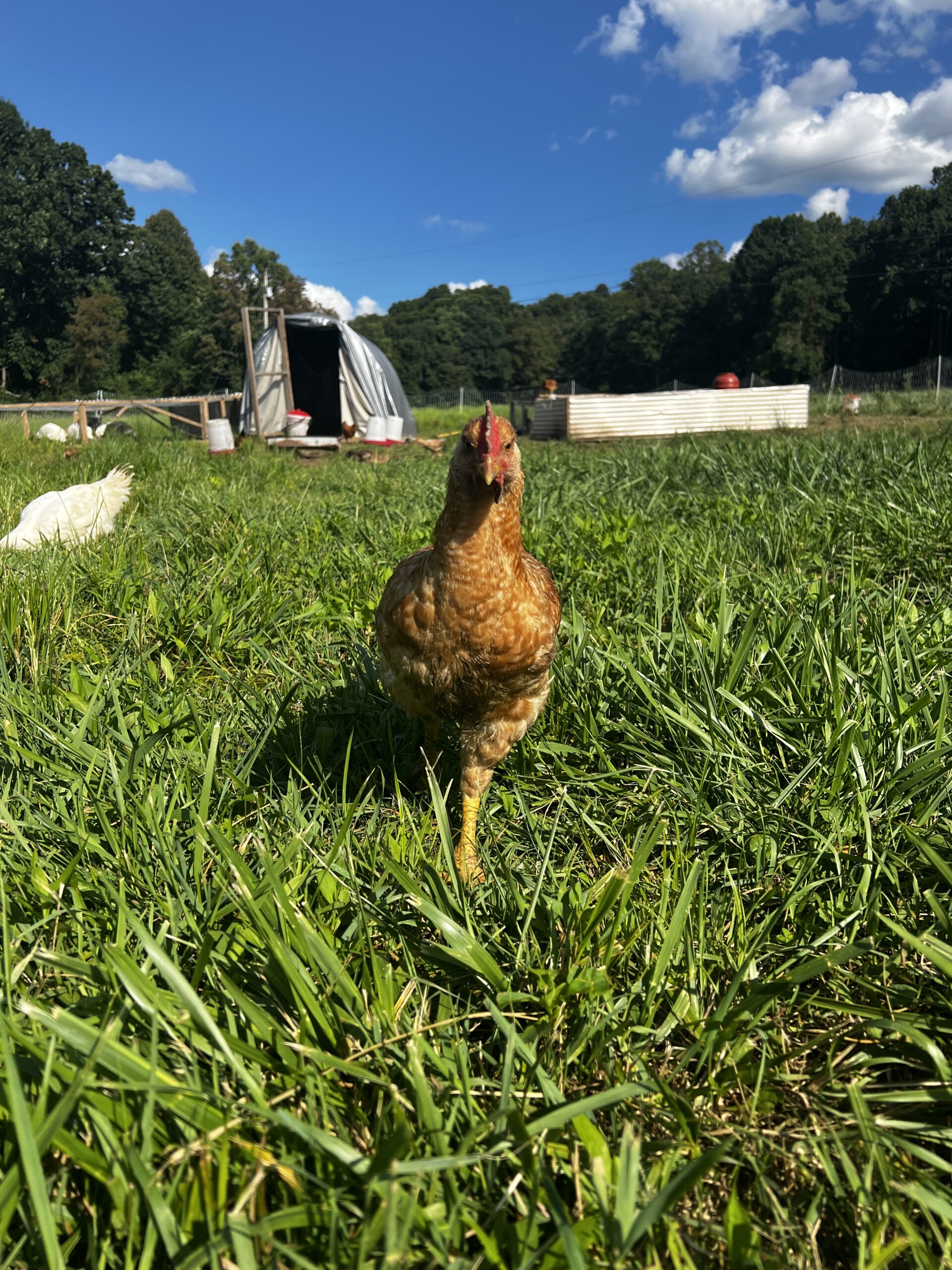In an era where the quality of our food and its impact on health are increasingly under the spotlight, the prospect of comprehensive food reform is both timely and necessary. Robert F. Kennedy Jr., a long-time environmental advocate and attorney, has recently turned his attention toward food policy—a move that holds great promise for consumers, farmers, and the environment alike.
A Legacy of Advocacy
Robert F. Kennedy Jr. has built a career on championing environmental causes and public health initiatives. His work with organizations like the Natural Resources Defense Council and Waterkeeper Alliance showcases his commitment to safeguarding natural resources and promoting sustainable practices. This background positions him uniquely to address the multifaceted challenges of the current food system.
The Need for Food Reform
Today’s food industry faces numerous issues:
- Health Concerns: The prevalence of processed foods high in sugar, salt, and unhealthy fats has contributed to rising rates of obesity, diabetes, and heart disease.
- Environmental Impact: Conventional farming practices can lead to soil degradation, water pollution, and loss of biodiversity.
- Economic Disparities: Small farmers often struggle to compete with large agribusinesses, leading to economic instability in rural communities.
Addressing these challenges requires a holistic approach that considers health, environmental sustainability, and economic fairness.

Potential Positive Impacts
- Improved Public Health: By advocating for healthier food options and stricter regulations on harmful additives, RFK Jr.’s initiatives could lead to a decrease in diet-related diseases. Emphasizing whole foods and transparency in labeling empowers consumers to make informed choices.
- Environmental Sustainability: Promoting organic farming and regenerative agriculture can restore soil health, reduce chemical runoff, and combat climate change. Sustainable practices not only protect the environment but also ensure long-term food security.
- Support for Local Economies: Reforms that favor small and medium-sized farms can revitalize rural areas. By leveling the playing field, these farmers can compete more effectively, preserving local traditions and economies.
- Consumer Empowerment: Enhancing food labeling laws and cracking down on misleading marketing practices enable consumers to trust the products they purchase. Transparency fosters a healthier relationship between the public and the food industry.
Why This Matters
Food is a fundamental part of our lives, affecting our health, communities, and the planet. Reforming the food system is not just about changing what’s on our plates; it’s about fostering a healthier society and a sustainable future. Robert F. Kennedy Jr.’s entrance into this arena brings hope for meaningful change due to his proven dedication to public welfare and environmental stewardship.
Conclusion
The excitement surrounding RFK Jr.’s focus on food reform stems from the potential for comprehensive, positive change. His track record suggests a commitment to tackling complex issues with integrity and a holistic perspective. As consumers become more conscious of the implications of their food choices, leadership that prioritizes health, sustainability, and fairness is not just welcome—it’s essential.
By supporting initiatives that strive for a better food system, we take a step toward a healthier population and a more sustainable world. Robert F. Kennedy Jr.’s efforts could be the catalyst for this much-needed transformation, and that’s something to be genuinely enthusiastic about.

